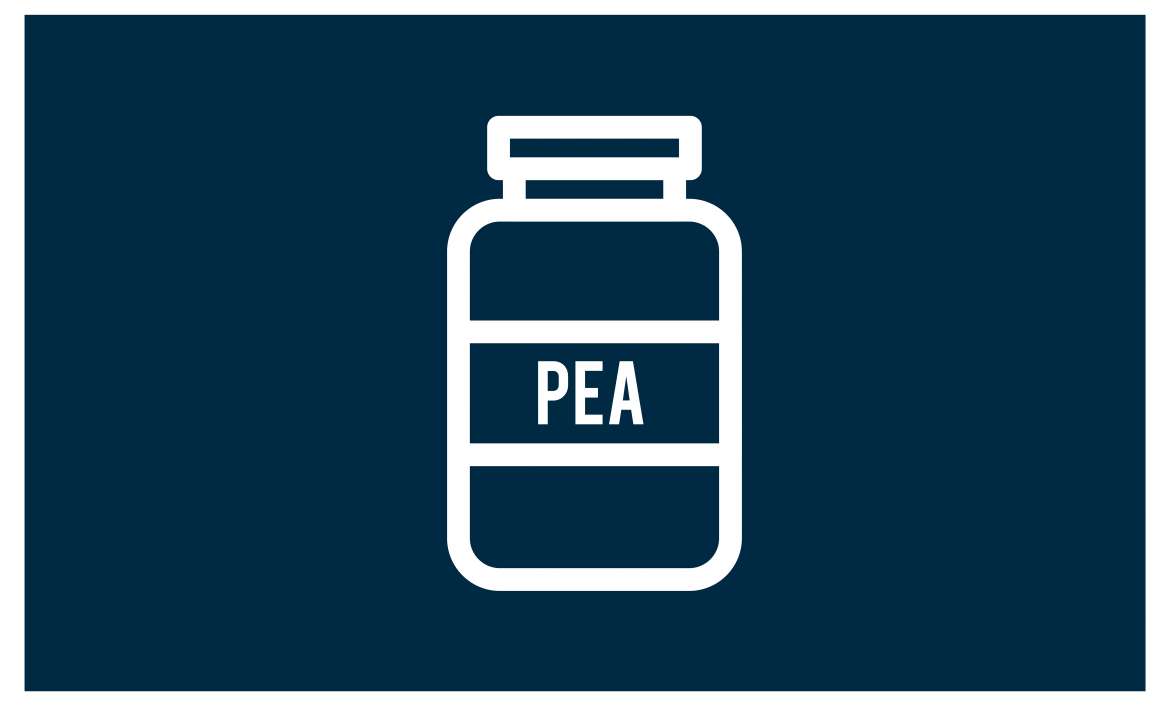Pea protein is made of dried yellow field peas, a fibrous legume that contains high amounts of all the essential amino acids except for methionine. As a protein source pea protein was long overlooked. But with vegan and vegetarian diet gaining in popularity, plant-based protein powders are becoming more widespread and popular. Because it is high in branched-chain amino acids, pea protein is a good vegan alternative to whey protein.
What does pea protein do?
Your body requires more protein when you want to build muscle. Whereas the general recommended protein intake for the average adult should be anywhere from 0.4 to 0.5 grams per pound of bodyweight, someone looking to build muscle at the optimal rate should consume about double that.
While you can theoretically get all your necessary protein from whole food sources, consuming enough protein that way can be tricky, especially when you don’t have time to prepare high protein meals all the time.
That is why most athletes and bodybuilders use protein powders in addition to a balanced diet. So if you are crunched for time, a good protein powder can really make your life easier.
The benefits of pea protein powder
Vegan
This will be the most important reason for most people. In general, pea protein is among the best vegan protein powders you can get. So if you want a plant-based protein supplement definitely try pea protein.
High-quality protein
In one study two test groups performed resistance training for 12 weeks. The first group supplemented 50 grams of pea protein daily and the second group supplemented 50 grams of whey protein per day. At the end of the study, both groups experienced similar increases in muscle growth and thickness.
Moderate digestion
Whereas whey is a fast digesting protein and casein is a slow digesting protein, pea protein falls somewhere in the middle. This means pea protein will not only boost protein synthesis but also prevent muscle protein breakdown.
Hypoallergenic
As most plant-based proteins, pea protein is hypoallergenic, which means it is relatively unlikely to cause an allergic reaction. Depending on the brand there are also few additives or artificial ingredients, which is good if you are looking for something closest to a whole food source. Since it is also not made from milk, it’s free of lactose and a great option for those who are lactose intolerant.
How should you take pea protein?
Your daily dose of whey protein, and protein supplements in general, will depend on how much total protein you need to consume per day. Like I mentioned earlier, 0.8 – 1 gram per pound of bodyweight works as a good rule of thumb.
But keep in mind that the majority of your diet should always be based on whole foods, which applies not only to protein but all macronutrients. So try to build your diet around quality protein sources and use protein powder only as a supplement and not as a substitute.
Depending on your lifestyle, required protein intake and willingness to cook I suggest you get around a third to half (maximum!) of your protein from protein shakes.
In regards to pea protein timing you can take it taken at any time of day and with any meal. If, for some reason, you want to take it before your workout, you probably want to give it more time than whey, so at least an hour before you hit the gym.
Side effects
Pea protein is generally very safe. There are no studies showing that protein supplementation, or higher protein intake in general, can lead to kidney damage or bone loss if you are a healthy adult. People with existing kidney problems should talk to their doctor first, but anyone else shouldn’t worry about egg protein side effects.



